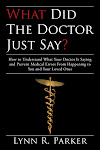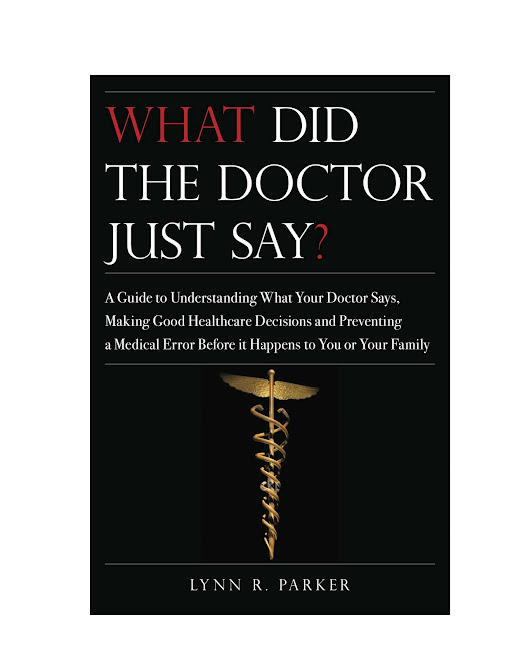Older middle-class Americans locked out of reform
The most damaging concession in the Senate legislation has received relatively little discussion in the last few days: as the bill now stands, many Americans in their late 50s and early 60s who don't have employer-based coverage will find comprehensive insurance unaffordable.
Under the Senate bill, insurers cannot discriminate against customers who suffer from pre-existing conditions. They cannot charge women more than they charge men.
But they can demand that older Americans who are shopping in the Insurance Exchanges pay premiums that are triple what a younger customer would be expected to shell out. (The House bill only let insurers double premiums.)
Commentators such as Ruth Marcus have suggested that this makes sense: "Older people cost more money to insure than younger Americans--and more than three times as much. Is it fair to require younger people to shoulder all the extra cost?"
But they can demand that older Americans who are shopping in the Insurance Exchanges pay premiums that are triple what a younger customer would be expected to shell out. (The House bill only let insurers double premiums.)
Commentators such as Ruth Marcus have suggested that this makes sense: "Older people cost more money to insure than younger Americans--and more than three times as much. Is it fair to require younger people to shoulder all the extra cost?"
In theory, this might sound reasonable. But, in practice, red-lining older citizens so that younger Americans don't share in their risk just won't work. Marcus and others who support "age rating" should take a hard look at the numbers. The fact is that if this provision stands, a large share of people in this older cohort won't be able to afford good coverage.
Households in the 55-64 age group report median joint income of just $55,400. Half earn less. Only 25 percent enjoy joint income over $100,000. In other words, fully one-quarter earn somewhere between $55,400 and $100,000 --too much for a couple to qualify for more than a tiny subsidy, too little to able to afford pricey insurance. (When it comes to subsidies, the cut-off point for a family of two is $58,280.)
Middle-aged Americans need full, comprehensive coverage. Yet under the Senate plan, which offers four levels of insurance, many older middle-class households will be forced to pick the short blanket. The legislation offers four tiers, ranging from platinum plans that cover 90 percent of the cost of "essential care" to bronze plans that pick up 60 percent of medical bills, leaving 40 percent for the patient to pay out of pocket. Premiums for bronze plans will be significantly lower.
A 30-year old might feel comfortable with a bronze plan. After all, he doesn't plan to use the insurance very often. But most 60-somethings need to go to doctors regularly to control chronic diseases and address the many problems that come with age. And if they are middle-class, they probably cannot afford to shell out 40 percent of the charge every time they visit a specialist.
Granted, their out-of-pocket payments would be capped at $11,900, but for a household earning just $59,000 before taxes, $11,900 represents more than 20 percent of their after-tax income. Even for a couple earning $75,000, $11,900 is a hefty sum. No doubt, many would simply put off going to the doctor.
Just how much would a couple have to scrape together to buy a platinum plan? The Office of Personnel Management, which now oversees the Federal Employees Plan, will be contracting with private insurers. They have not done a good job of holding down premiums for government employees-- from 2001 to 2008, average premiums climb by 62.3 percent.
Judging by what federal employees pay now, it appears that under the Senate bill a top-of-the line platinum policy would cost a younger couple at least $10,000--probably closer to $12,000 in today's group market. (I'm taking these numbers from states where insurance is more expensive because insurers are required to cover people suffering from pre-existing conditions, just as they will be under reform.)
That means that even if an insurer charged the older couple only twice as much, the premiums could run as high as $20,000-$24,000 annually.
If it seems impossible that a 60-year-old couple earning $59,000 a year would be expected to pay that much,consider this: In Massachusetts, where insurers are only allowed to double (not triple) premiums based on age, an older couple in Boston faces premiums that run as high as $24,000 a year.
The Senate bill does offer some hope. If a state's insurance regulations do not let insurers gouge older customers, insurers must "comply with the State's more protective age rating requirements." And in fact, some states do shield older citizens. As Howard Dean pointed out over the weekend on Meet the Press, in Vermont, insurers can charge 60-somethings only 20 percent more--not 300 percent more.
The Senate bill does offer some hope. If a state's insurance regulations do not let insurers gouge older customers, insurers must "comply with the State's more protective age rating requirements." And in fact, some states do shield older citizens. As Howard Dean pointed out over the weekend on Meet the Press, in Vermont, insurers can charge 60-somethings only 20 percent more--not 300 percent more.
But where you happen to live should not determine whether or not you have access to good care. That is not what I thought we meant by "universal coverage."
BY MAGGIE MAHAR, The Healthbeat





